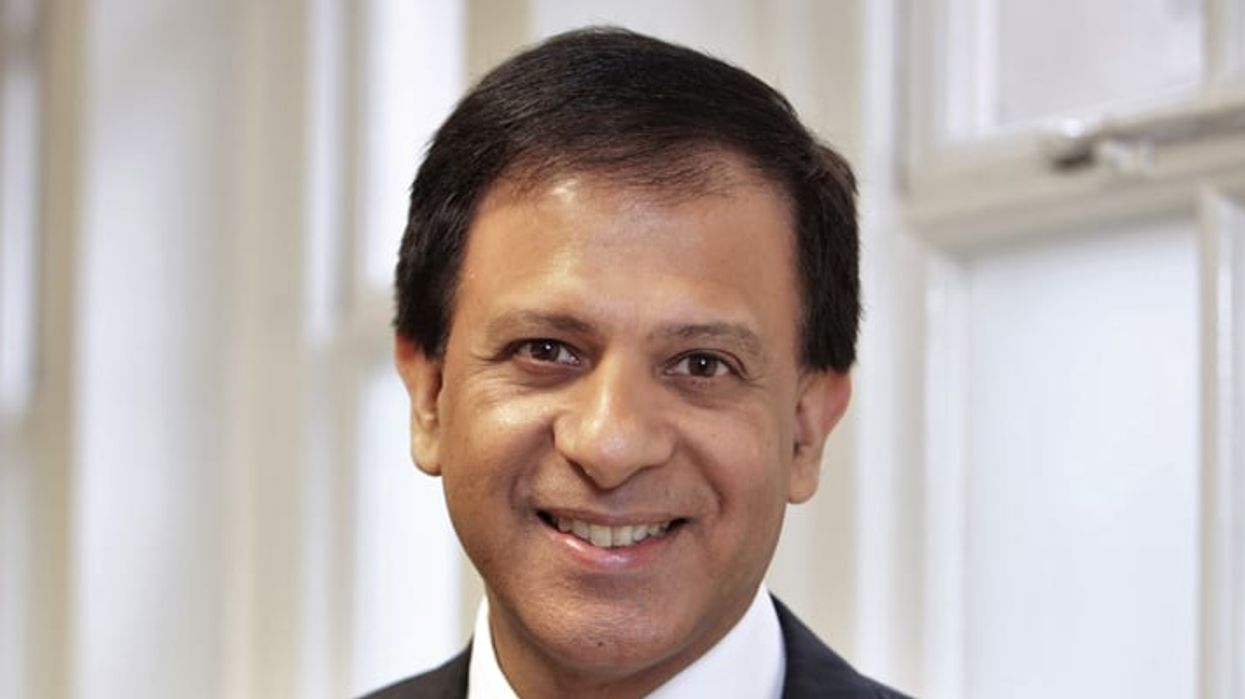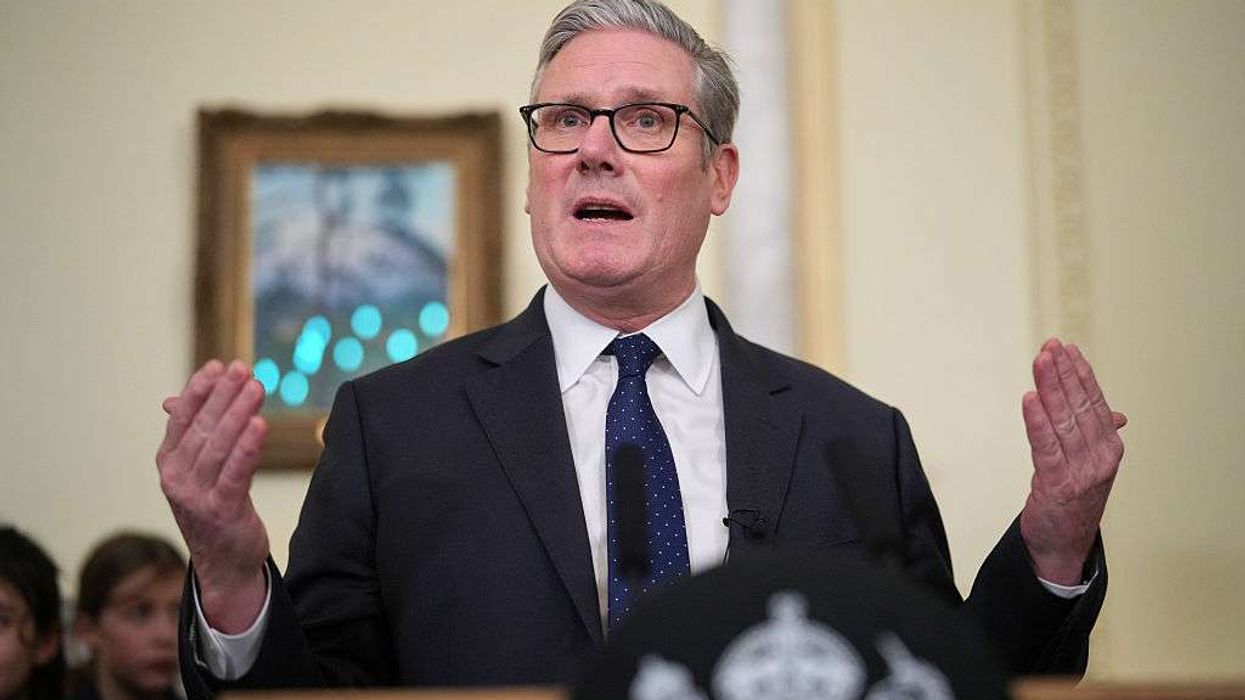LABOUR's latest announcement to cut NHS waiting lists, while welcome, does not go far enough, the former leader of the doctors’ union, Chaand Nagpaul has told Eastern Eye.
Prime minister, Sir Keir Starmer, unveiled his plans on Monday (6). He pledged Labour would set up more NHS hubs in community locations in England, and the service would make greater use of the private sector to help meet the challenge.
Starmer also promised that patients would have more choice over where they were treated.
“The government rightly needs to ensure that we have a health service that can provide care in a timely manner,” said Nagpaul.
“The waits that patients are suffering, and what I see every day as a GP are unacceptable.
“In fact, the NHS is not delivering on its objective to provide comprehensive, accessible care.
“The announcement will only make a very small difference in relative terms to the scale of waits that are currently being endured by patients in the NHS.”
Waiting lists
According to the government, 7.5 million people are on waiting lists, and more than 3 million have waited longer than its 18-week target.
“Those patients aren't being addressed by this initiative, which is really for prospective referrals,” the former chair of the British Medical Association (BMA) said.
“Those patients are coming to my practice every day, asking can their care be expedited, when will they be seen?
“That's actually not been addressed in these announcements.”
One of Nagpaul’s biggest concerns is the shortage of health care staff, which he described as “woeful”.

“We have around 50,000 fewer doctors in the UK compared to many European counterparts, and you can't have clinicians in two places at once.
“So, if you're really going to be expanding care into new centres they need to be staffed, and none of that was described in the announcement.”
The NHS also lacked proper infrastructure, he said.
“We need to look at the fact that we don't have enough hospital beds in this country, about a third the number of hospital beds in other countries like Germany.
“So, we can't actually provide the volume of care that should be the case in a nation like the UK.
“If you actually start to talk in terms of the infrastructure being corrected, that infrastructure will have a cost associated [with it].
“Rather than talk about money, what we should talk about is the practicalities of having the infrastructure to actually cope with this expanded level of care that we need to clear the backlog.”
- YouTubeyoutu.be
Social care
Nagpaul is a board member on the NHS Race & Health Observatory.
NHS England set up this independent body to tackle health inequalities experienced by communities of colour.
The “elephant in the room”, Nagpaul told Eastern Eye, was lack of social care for patients.
“One of the greatest contributors to the delays in patients being able to access hospital care is the fact that large numbers of patients are firstly occupying hospital beds and cannot be discharged because there aren’t the facilities in the community.
“As a GP, I can tell you many patients who are discharged, because the pressures in hospitals, are often readmitted because of lack of care in the community.
“Many patients end up quite unwell, they may fall, they may not be able to cope at home because of weakness and not having anyone to care for them, and the default then becomes an ambulance taking them to hospital.
“So, we really need to get social care sorted today.”
Last week (3), the government said it would review adult social care in England. Baroness Louise Casey will chair this independent inquiry, which begins in April.
But it will not publish its final report until 2028.
One key problem which Nagpaul has identified is that the different public services which look after patients do not work together.
“It doesn't make sense that a community nurse, who sees one of my patients, goes so far and says now you need to see someone else from a different system to come in again, to do their bit, which is around making sure that the home is safe for that patient to live in,” he explained.
“These things should be integrated as a seamless approach.
“Patients are caught in the crossfire between social care and the NHS, that needs to be tackled.
“Maybe that should be something the review should definitively look at, because this has dogged our health and care system for decades.
“The issue is this separation of social care and the NHS, because they are funded and operate in such a different way.”












